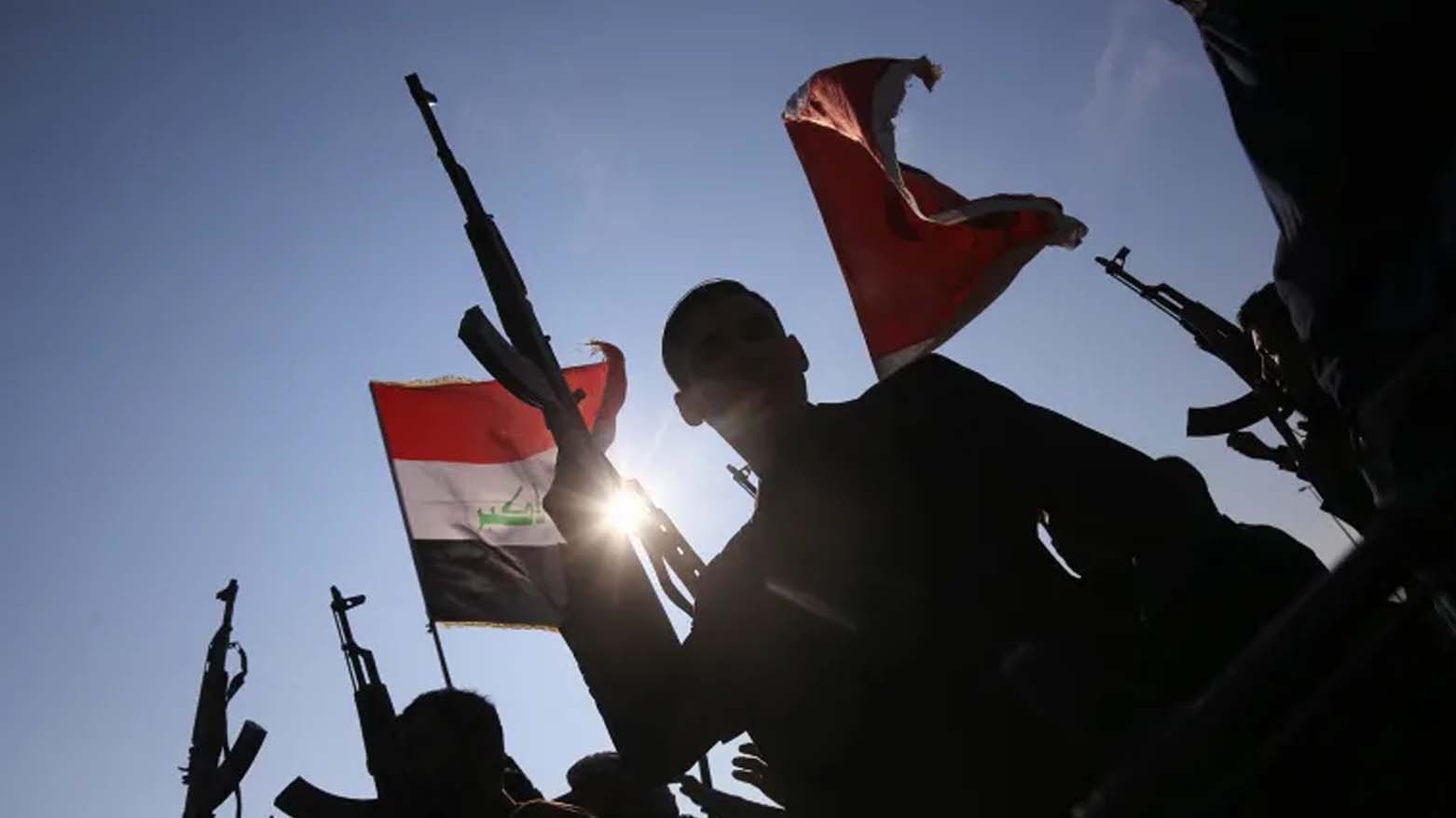Iraq's Government Fails to Curb Vast Arsenal of Illegal Weapons, Undermining Security and Sovereignty
Despite being active for over a year, the Interior Ministry has managed to register only 125,000 firearms, a mere fraction of the unlicensed arsenal flooding the nation.

ERBIL (Kurdistan24) – Two decades after the U.S.-led invasion, the Iraqi state remains critically weak and unable to disarm a sprawling network of militias and armed civilians, with a staggering seven million weapons operating outside of government control, according to security analysts.
The country’s latest attempt to address this chaos—a weapons registration program—has been revealed as a dramatic failure. Despite being active for over a year, the Interior Ministry has managed to register only 125,000 firearms, a mere fraction of the unlicensed arsenal flooding the nation. This leaves the government effectively powerless in the face of armed groups that challenge its authority daily.
The proliferation of weapons is a direct legacy of the sectarian conflict and state collapse that followed 2003. Today, the armed forces and militias, not the official army, are the primary powerbrokers in many areas. This has created a culture of impunity where the rule of law is supplanted by the rule of the gun, placing civilians in constant danger.
Successive Iraqi governments have promised to tackle this issue but have consistently failed, lacking either the political will or the coercive power to confront the very militias that often hold sway over political processes.
This internal lawlessness has dire external consequences. The Iraqi government faces intense scrutiny and threats from the United States, which criticizes Baghdad for its inability to control militia groups. The failure of the weapons registration program only serves to validate these international concerns, painting a picture of a state that cannot govern its own territory.
The situation has shattered public trust. With security agencies perceived as ineffective or compromised, many Iraqis see arming themselves as a necessity for survival, further entrenching the cycle of violence and statelessness.
The paltry results of the registration drive confirm a grim reality: Iraq remains a fractured and heavily armed nation, where the central government's authority is nominal at best. With seven million unregistered weapons in circulation, the prospects for stability and sovereignty appear increasingly bleak.